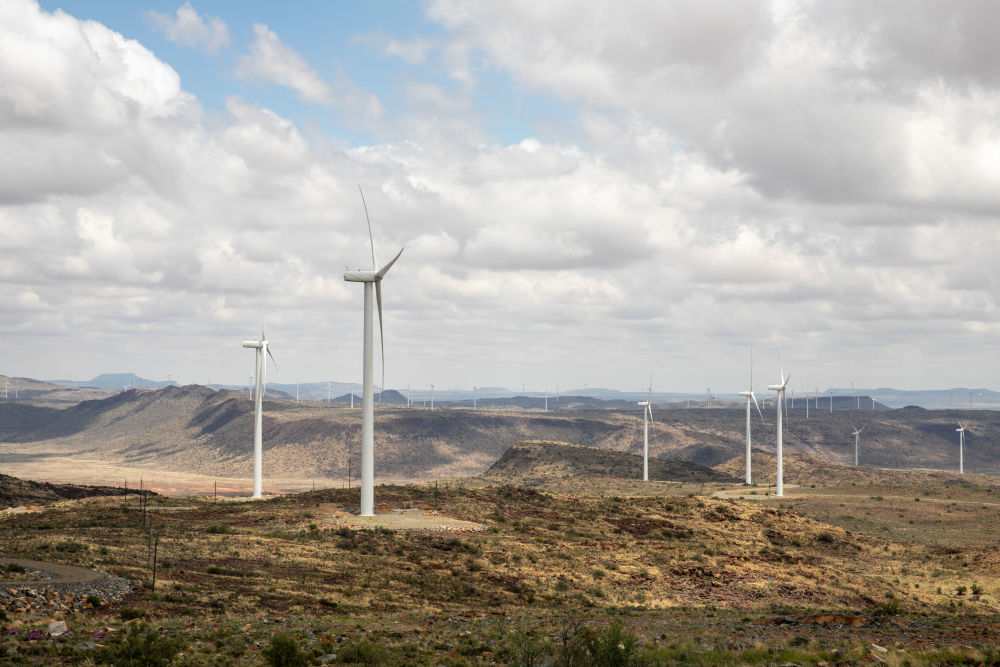
While there have been fears that the closure of the United States' Power Africa initiative, another victim of the "America First" policy, could worsen electricity shortage in Africa, leading experts said the impact will be minimal as the project has accomplished little substantial progress over the past decade, and its closure opens opportunities for the continent to seek alternative partners in energy.
The experts recognized that the initiative achieved some successes, but noted that there have been debates on its overall effectiveness, with concerns raised on unmet targets, limited industrial impact, and overstated achievements.
Power Africa, launched by the US in 2013 aimed at improving access to electricity in Africa, was operated by USAID and terminated earlier this year, with the majority of its staff having been dismissed.
READ MORE: Renewables provided record 32% of global electricity in 2024, Ember says
Nj Ayuk, the executive chairman of the African Energy Chamber, an energy advocacy group based in South Africa, said while the initiative had a good strategy, it accomplished few projects in the continent since its inception more than a decade ago.
He said the project didn't invest in natural gas, one of the continent's precious resources which is capable of powering entire Africa. In addition, it failed to implement major projects that could potentially generate a significant amount of electricity to ease the shortage of power in the continent. That includes the Inga Dam in the Democratic Republic of Congo.
Similar sentiments were shared by Damilola Ogunbiyi, special representative of the UN Secretary-General for Sustainable Energy for All, who said even though any reduction in aid is unfortunate, the glass is seen as half full in the case of the closure of Power Africa.
"While reduced aid could potentially risk increasing the number of people living without electricity to well beyond the current 660 million people who mostly reside in Africa, we are also seeing signs of tremendous ambition in the sector," she said.
Both experts said Africa can intensify cooperation with China and other international partners to realize its energy goals.
Ogunbiyi said China could play a significant role, particularly in renewable energy production, which is now the cheapest energy source in the world.
Lending support
She said China could help build Africa's renewable energy manufacturing capacity, lending support to existing projects such as the Africa Renewable Energy Manufacturing Initiative, while also bridging the financing gap.
Ogunbiyi noted that globally, from 2000 to 2020, Africa received less than 1.5 percent of the $2.8 trillion invested in renewable energy projects — with a downward trend indicated in subsequent years.
"Investments are critical for Africa to achieve a clean energy transition, estimated to cost over $200 billion annually," she said, adding that China could play a significant role in reducing the financing deficit while also helping build renewable energy markets.
ALSO READ: US blasted for high subsidies to PV sector
She said African governments are committed to transitioning their energy systems, while tackling energy poverty.
"Because most African countries are on the front lines of climate change and its impacts, governments recognize that they need to build resilient structures and sustainable economies, but they require financing to achieve these goals. I believe China's knowledge, combined with their resources, could help," Ogunbiyi said.
Ayuk said China is a great partner to African countries, especially in power generation, renewable energy development, electric cars, electric vehicle technology advancement and gas.
Contact the writer at edithmutethya@chinadaily.com.cn


